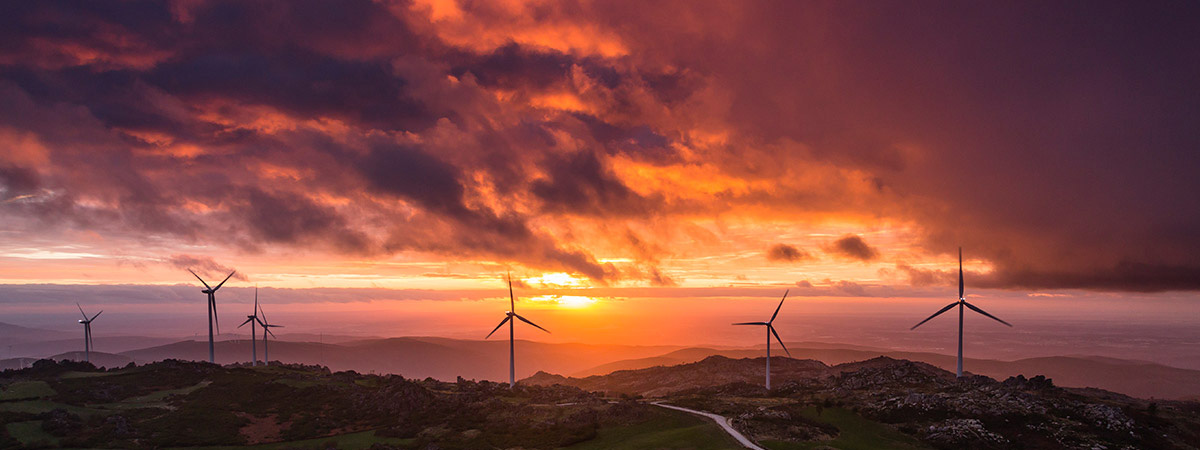Organised by Business Bridge Europe (BBE) and logos public affairs, both part of the mci group, the 5th European Energy & Industry Conference (EEIC) will tak
EU ENERGY INFRASTRUCTURE MASTER CLASS - 'Building Europe’s Energy Future'
Date
Links
Section
Event Location
Event Description
The European institutions recently adopted the so-called Energy Infrastructure Regulation (“EIR”).
While this long awaited piece of legislation does bring about a number of positive changes, it also unfortunately sometimes misses the mark on a number of items. Incumbent Transmission System Operators (“TSO”) may well find their ownership and operation monopolies challenged.
The EIR seems to open up the market to new entrants by allowing third parties to promote their infrastructure projects and present them in the hopes of being awarded the coveted status of Project of Common Interest (“PCI”). Indeed, PCIs enjoy fast-track permitting procedures that Member States must establish to comply with the EIR and these projects are also eligible for certain reserved European funding.
However, this welcomed effort lacks somewhat in precision so that many of the initiatives presented in the EIR will face serious difficulties when they are implemented in practice. The EIR does allow third party project promoters to compete with TSOs, but it fails to specify who will be responsible for ultimate ownership and/or operation of the projects once completed: will the projects have to be endorsed by the TSOs, will the latter be forced to take responsibility, will third party promoters be able to stay involved beyond construction?
The process by which projects are selected to become PCIs is, to say the least, not clear: according to some, projects must go through ENTSO-E’s Ten-Year Network Development Plan (“TYNDP”) procedure, according to others, projects must go through regional groups and their recognition as PCI automatically affords them inclusion into ENTSO-E’s TYNDP. The current text of the EIR mentions both procedures without clearly reconciling them so that one might still consider to apply through both. It will be essential to have clarity and certainty on who is the effective decision-making authority. Nevertheless, the EIR is a much welcomed initiative taken by the European Commission and some adjustments will ensure this new instrument becomes one of the most important ones in the EU Energy Policy.
The Claeys&Casteels Masterclass will examine these uncertainties and the practical implementation of the EIR as well as other related issues, such as the implication for the European internal energy market. The best practioners of the trade will be available to propose pragmatic solutions and exchange in interesting debates altogether with the students.
Don’t miss this unique opportunity!
Related Events
Attendance is by invitation only
DESCRIPTION & OBJECTIVES TENTATIVE PROGRAMME
This expert-level Masterclass focuses on certification schemes and cross-border biomethane trading.
This full-day training offers a solid introduction to the biogas sector.
The seventh edition of the Energy Storage Global Conference (ESGC) will take place on 15 – 17 October 2024 in Brussels.
What can you expect from the #ESGC2024?
Worskhop on Methodology for Flexibility Needs Assessments
The Electricity Market Design requires Member States to take the next step to succeed in the energy transition: assess their flexibility needs.
ISCC is hosting its 14th annual Global Sustainability Conference as a hybrid event, in Brussels and online, Thursday, 22 February 2024 from 9:00 am – 5:30 pm Central European Time (UTC +1).
The European Alliance to Save Energy is delighted to

Why should you attend EoLIS 2021?
Event date: 18th-20th November (AM only CEST)
Location: Online (virtual conference)
About
Taking place on Tuesday 18 February 2020 from 14:00 to 18:15, emPOWER – the Energy Transition Summit will showcase innovative solutions to help deliver the European Green Deal and highlight the key policy measures needed to drive the n
Eurogas, in partnership with IENE, are organizing a highly focused workshop on Gas Supply and Competition in SE Europe (13:00-17:30, 22 January 2020, Brussels).
An event of LNG Protocol supported by Florence School of Regulation and GasNaturally
20 January, 15.00-18.00, Brussels (The Office, Rue d'Arlon 80)





















